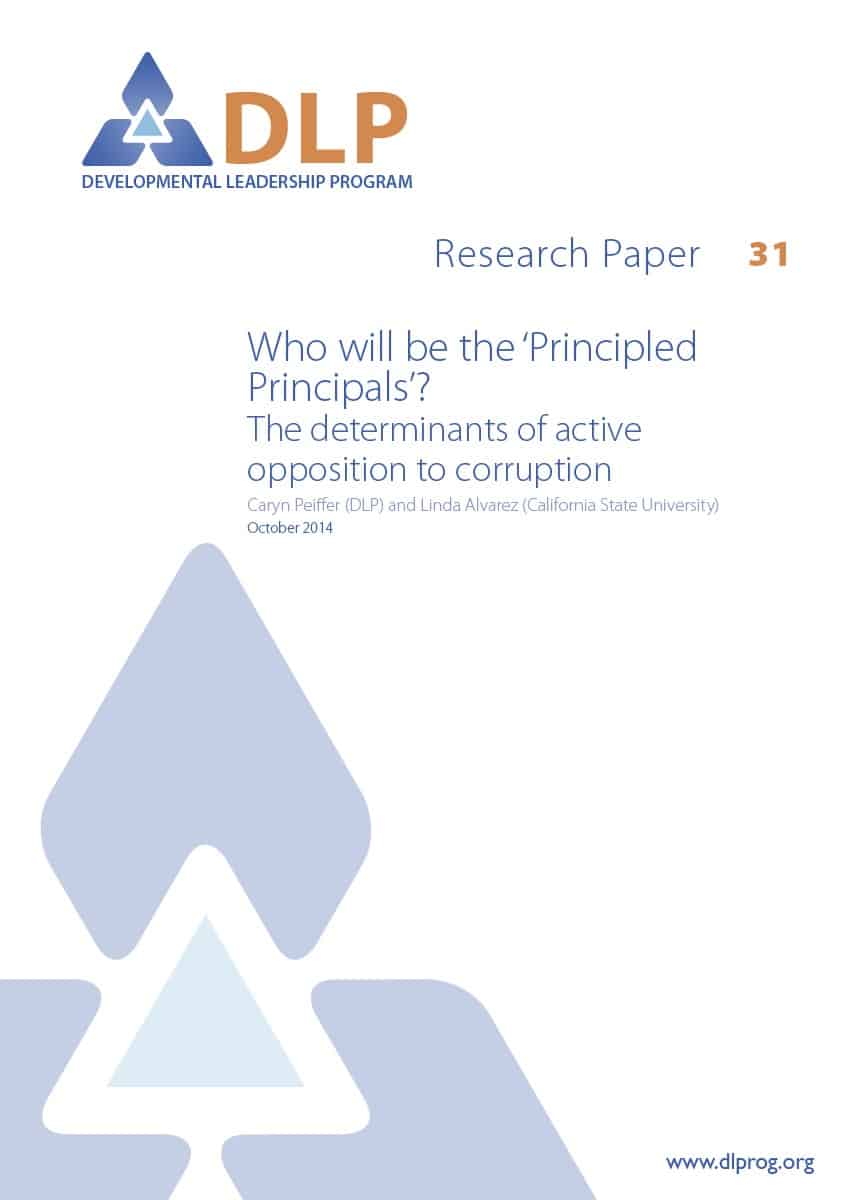This paper uses survey data from Transparency International’s 2013 Global Corruption Barometer to examine what determines people’s willingness to act against corruption in 71 countries.
Donor-supported anti-corruption initiatives increasingly seek to support citizens to demand better control over corruption from their governments. Yet we know very little about what encourages people to actively oppose corruption.
Recent literature has suggested that when people perceive corruption as pervasive they will experience ‘corruption fatigue’ and be less likely to engage in anti-corruption activism. Yet this study finds that people’s perception of corruption as a growing problem tends to increase their willingness to take action against it. However, this source of motivation tends to be hampered when people also view government anti-corruption efforts as effective.
The perception that the government is effective in controlling corruption has different impacts in OECD and non-OECD countries. When influential, it reduces people’s willingness to act against corruption in OECD countries and increases it in non-OECD countries.
The study also finds that:
- Younger people, men, and people who come into contact with the state frequently tend to be more willing to act against corruption
- While greater participation in bribery reduces people’s willingness to report corrupt exchanges, it does not affect their willingness to engage in the other forms of anti-corruption activism analysed
- Respondents in societies where women are more fully integrated in the formal workforce are more likely to see themselves as potential anti-corruption activists
- A country’s level of democracy, measured by the Freedom House Index, has no estimated impact on people’s willingness to actively oppose corruption.










